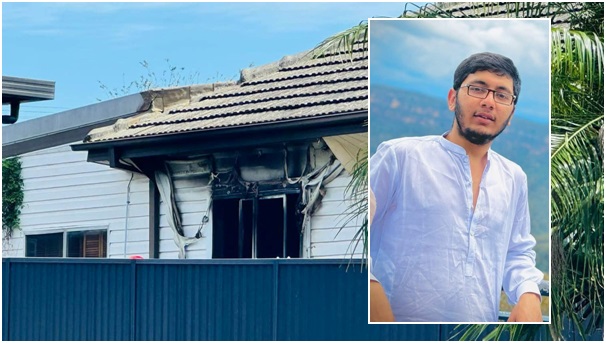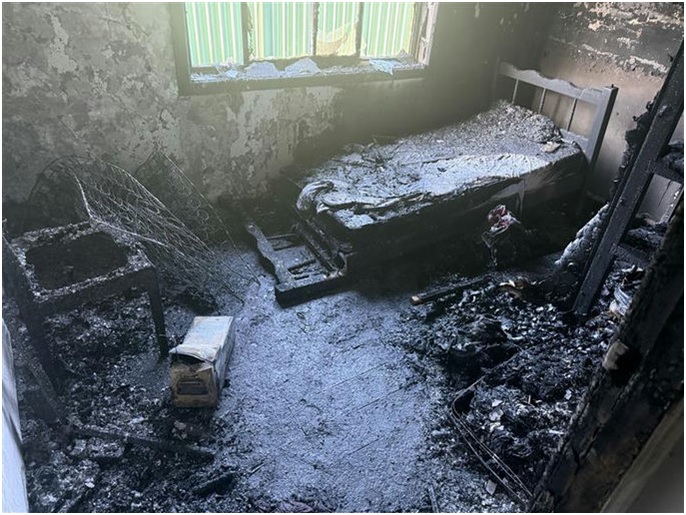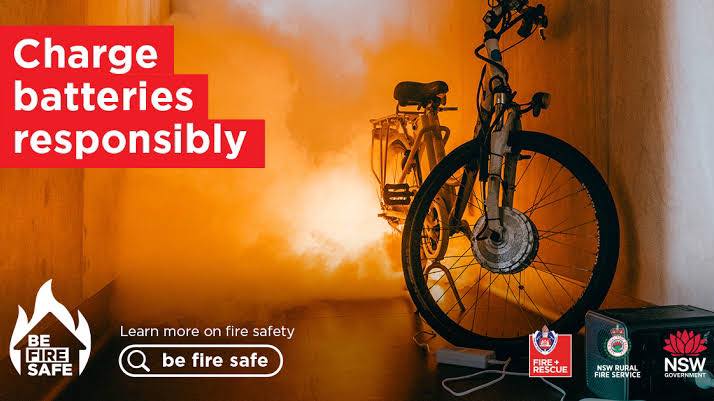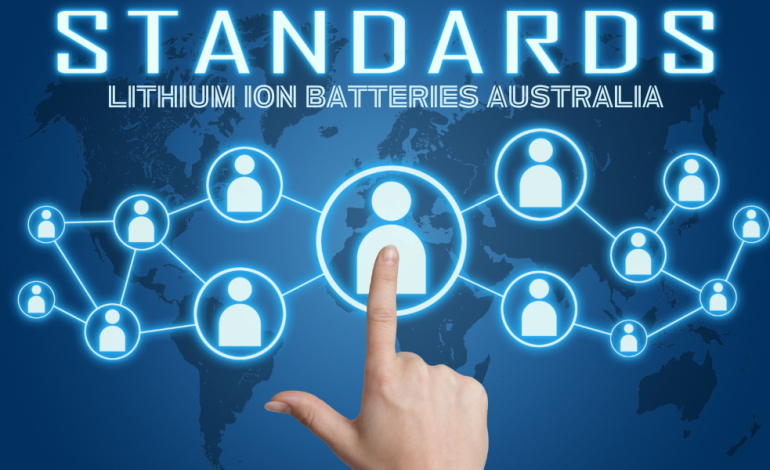
A tragic house fire in Guildford, Sydney, has claimed the life of 21-year-old international student Haidar Ali from Pakistan. The fire is suspected to have been sparked by an overheating lithium-ion battery from his e-bike, prompting renewed concerns about the safety of such batteries.
Ali, who had recently moved to Australia seeking a better life, was caught in the blaze that broke out around 5 a.m. on Tuesday at his home on Rowley Road, where he lived with five housemates. It is believed that the fire originated from Ali’s e-bike battery, which had been left to charge the night before. Ali was unable to escape the flames, despite the heroic efforts of rescue workers.
The other five residents of the house were affected by smoke inhalation but were able to flee to safety. Paramedics attended to them on the scene before taking them to a nearby hospital. Fortunately, their injuries were not life-threatening.

Firefighters and safety experts have long raised alarms about the dangers of lithium-ion batteries, particularly in electric bikes, e-scooters, and other rechargeable devices. These batteries, when charged improperly or for prolonged periods, can overheat and cause devastating fires, especially when incompatible chargers are used.
Adam Dewberry, Superintendent of Fire and Rescue New South Wales, emphasized the importance of proper safety precautions. “Lithium-ion battery fires have been on the rise, which is very concerning. We strongly encourage the public to adhere to safe charging methods to avoid such tragic events,” he stated. Dewberry also highlighted the need for functional smoke alarms in homes, though it remains unclear whether the alarms at Ali’s residence were operational. Police are investigating the incident, and a report will soon be submitted to the coroner.
In the wake of this heartbreaking incident, the local community has rallied to support Ali’s family. Friends of the student have launched fundraising campaigns to assist with the costs of repatriating his body to Pakistan for a proper funeral.
While investigations continue, fire safety experts are urging Australians to exercise caution when charging rechargeable batteries. Following proper charging guidelines and taking safety precautions can help prevent similar tragedies from occurring.
This devastating incident underscores the risks associated with lithium-ion batteries, which can lead to fires, explosions, and other hazards, including radiation, chemical exposure, high temperatures, and electrical shock.

- Improper Charging: Overcharging the battery or using an incompatible charger.
- Overheating: Batteries may overheat if charged for extended periods or exposed to high temperatures.
- Physical Damage: Batteries that are dropped, crushed, or pierced can become unstable and catch fire.
- Proximity to Combustibles: Storing batteries near flammable materials increases the risk of combustion.
Safety Measures to Prevent Battery Fires:
- Monitor Charging: Always keep an eye on batteries while they charge, using the charger recommended by the manufacturer.
- Avoid Overheating: Store batteries in a cool, dry place, away from heat sources and direct sunlight.
- Proper Storage: Ensure batteries are stored on a fire-resistant surface and away from any flammable objects.
- Regular Checks: Dispose of batteries that show signs of damage, swelling, or leakage.
- Smoke Alarms & Clear Exits: Ensure smoke alarms are working and exits are unobstructed in case of fire.







